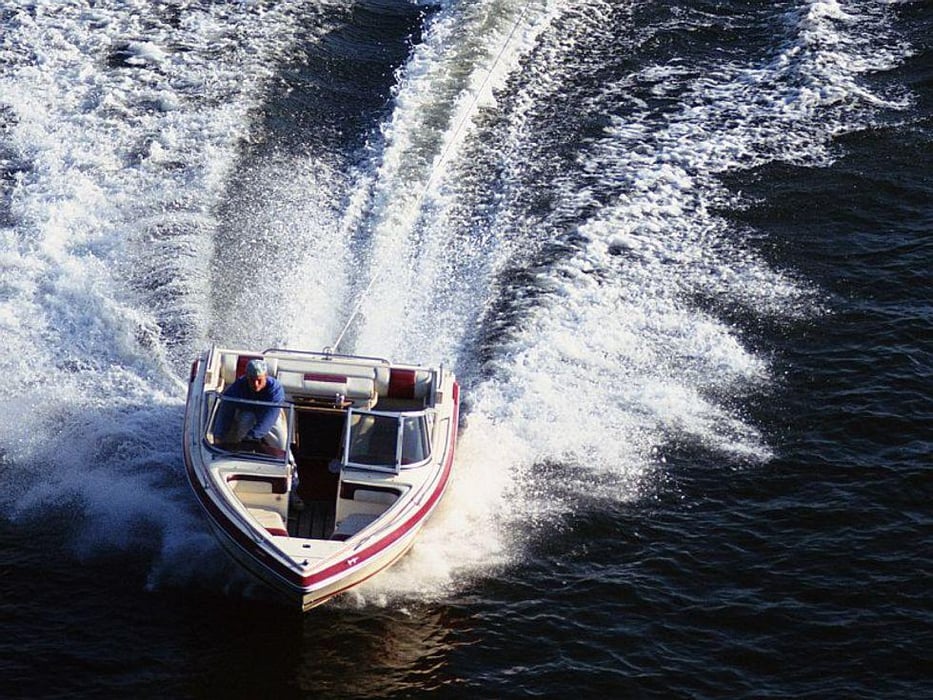Be ‘Boat Safe’ This Labor Day Weekend

SUNDAY, Sept. 5, 2021 (HealthDay News) -- Boat traffic picks up on Labor Day weekend, and the Safe Boating Campaign offers some safety reminders for those leaving shore.
"No matter your age, wear a life jacket from the moment you reach the dock and while you're out on the water," Yvonne Pentz, communications director of the National Safe Boating Council, said in a council news release. The council leads the Safe Boating Campaign.
In 2020, 86% of recreational boating drowning victims were not wearing a life jacket, according to the U.S. Coast Guard.
When selecting a life jacket, check that it's U.S. Coast Guard-approved, appropriate for the water activity, and fits properly.
New life jackets may carry a label with a performance level icon instead of the previous "type" system label, but the new label doesn't make life jackets with the previous label obsolete. Boaters can keep using their life jacket as long as it is in good condition, fits properly and is appropriate for the activity.
Here are some more safety tips from the Safe Boating Campaign:
- Never boat under the influence of alcohol or drugs, which play a role in one-third of all recreational boating deaths.
- Take inventory of your boating equipment and make sure it is in good working condition.
- Always let a loved one know your trip itinerary, including operator and passenger information, boat type and registration, and communication equipment on board before leaving the dock.
- Use an engine cut-off switch. This is a proven safety device that's required by law and stops the powerboat's engine if the operator unexpectedly falls overboard.
- Always check the weather forecast before departing and do so frequently during your outing.
- Be aware of what's going on around you at all times. A quarter of all reported boating accidents in 2020 were caused by the operator not paying attention or improperly looking out.
- Know where you're going, be familiar with local boating speed zones and always travel at a safe speed.
- Ensure you can communicate. Cellphones, satellite phones, EPIRB (Emergency Position Indicating Radio Beacon) or personal locator beacon, and VHF radios can all be important in an emergency.
More information
The U.S. Coast Guard has more on boating safety.
SOURCE: National Safe Boating Council, news release, Aug. 30, 2021
Related Posts
Magnitude of Reduction in PSA Level May Indicate Outcomes in Prostate Cancer
MONDAY, March 6, 2023 (HealthDay News) -- Greater depth of prostate-specific...
AHA News: Gender Gap in Some Heart Risk Factors Widens Among Young Adults
THURSDAY, June 2, 2022 (American Heart Association News) -- Gender gaps in blood...
AHA News: Después de COVID-19, los expertos recomiendan que estemos atentos a estos posibles problemas del corazón y el cerebro
JUEVES, 31 de marzo de 2022 (American Heart Association News) -- COVID-19 trajo...
Do Short Kids Need Growth Hormone to Boost Self-Esteem? Maybe Not
FRIDAY July 7, 2023 (HealthDay News) -- Pediatric endocrinologist Dr. Erin Okawa...
